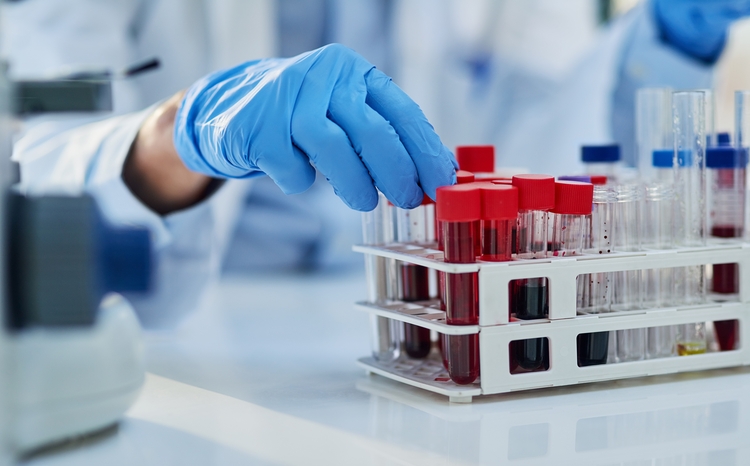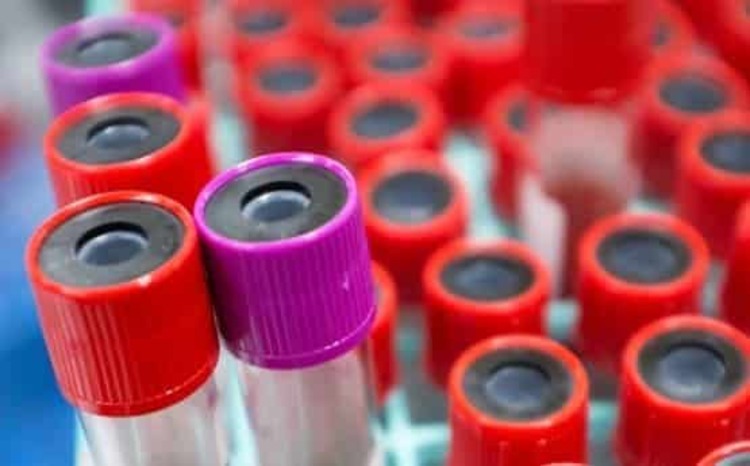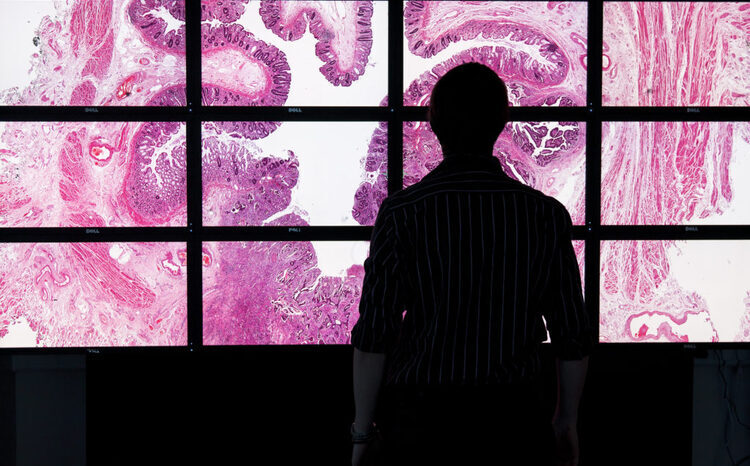Months after IT crash, Leeds still using paper for tests
- 16 November 2016

One of Europe’s biggest teaching trusts is still relying on paper and phones for parts of its pathology service two months after a major IT crash.
On 16 September, a hardware failure at Leeds Teaching Hospitals NHS Trust triggered the failure of its pathology system.
The failure lead to major delays in processing of test results, including routine blood tests, and the postponement of 147 non-urgent procedures.
GPs in Leeds and some services at the adjoining Bradford Teaching Hospitals NHS Foundation Trust, which rely on Leeds Teaching’s pathology service, were also affected.
Leeds Teaching remained reliant on “contingency systems” for weeks. Two months on, most electronic systems are back up, including blood transfusion and haematology testing.
However, a trust spokesman confirmed on Tuesday that the electronic microbiology function, which detects traces of infection, had still not been restored.
Instead the trust was using telephone calls, paper, and other “alternatives to onscreen delivery” to delivery onscreen results. “The important thing is it is not affecting patient care.”
He would not comment further on why microbiology was proving more difficult to restore than other systems, citing an ongoing investigation into the failure. The exact cause of the crash, beyond a ‘hardware failure’, has not been made public.
While all but one system has been restored, concerns persist in the GP community. Richard Vautrey, assistant medical secretary at Leeds Local Medical Committee, said that while the crash had a major impact on practices initially, pathology services appeared to be running normally now.
However, many GPs were still catching up with a backlog of blood tests from the incident. “There remains a concern that many tests were not processed or results were returned on paper that make it much harder for practices to record and code them.”
The problems could impact GP performance against the Quality and Outcomes Framework, something the committee has already raised with CCGs, he said.
A spokesman for the trust said there was no backlog of pathology tests.
Concerns about Leeds Teaching’s IT infrastructure were flagged before the pathology crash.
A Care Quality Commission inspection in May this year raised concerns with the “under investment in the clinical IT systems”. While the trust’s overall rating was “good” the investigation found issues over servers, aging computers and laptops and internet access.
Leeds Teaching isn’t the only trust to have been caught out by failing IT hardware recently. In June, St George’s University Hospitals NHS Foundation Trust suffered a network failure that revealed problems with its underlying IT infrastructure, including insufficient storage and ageing hardware.
Digital Health Intelligence maintains a database of the administrative and clinical systems in use at trusts, and uses this to calculate a clinical digital maturity index score for them. Leeds Teaching Hospitals NHS Foundation Trust (log-in required) has a score of 62 and is ranked 117 (out of 153 acute trusts).




